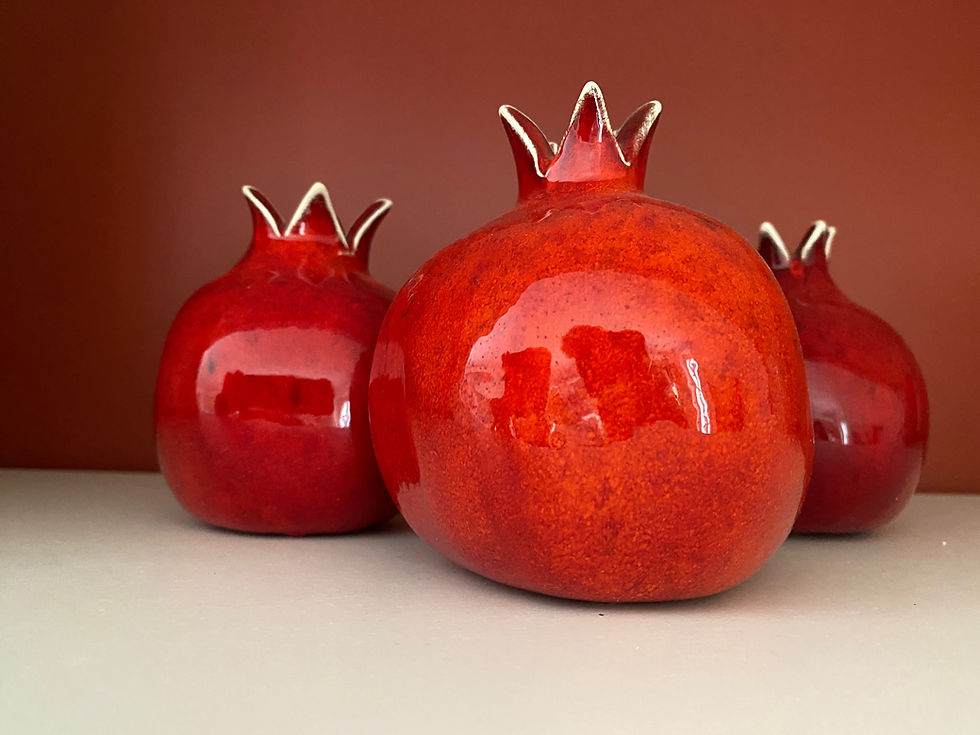Kindness
- The Rev. Christopher W. Whiteman
- Jun 30, 2023
- 2 min read

Dear friends,
Over the past few weeks the subject of kindness has repeatedly come up in conversation. This virtue is something that seems to be undervalued by our culture, yet it is something we all crave. We long for the tenderness of a kind touch, the comfort of kind words, and the reassurance of a kind smile. It seems to take such little effort to be kind, but frequently we are too caught up in ourselves that we do not inhabit this way of being. What does it take to be kind more frequently? How do we respond in kindness automatically? Where does kindness come from?
Whenever I think about kindness, my mind immediately conjures up the poem "Kindness" by Naomi Shahib Nye. My chaplain from divinity school sent me this poem a few years ago and it has remained firmly in my heart. During the pandemic, one of Emma Thompson's friends asked her to read the poem and I am always deeply moved when I hear her recitation:
There is so much in this poem that I could write about, but I think what speaks to me the most is the seemingly paradoxical relationship between sorrow and kindness. We need sorrow to cultivate kindness, or perhaps it is sorrow that makes us kind; that once we have passed through sorrow, "it is only kindness that makes sense anymore." Loss, desolation, and sorrow are the seeds of kindness.
This apparently contradictory idea reminds me of Jesus's words from this past Sunday's gospel, "Those who find their life will lose it, and those who lose their life for my sake will find it (Matthew 10:39)." The idea of finding our lives through losing them correlates to encountering kindness through sorrow. With both of these thoughts, it is in letting go–experiencing whatever may come–that we become more holy, more like God. Even more so, it is through loss that we discover our true being.
This can be a hard pill to swallow. We put up so many defensive walls to protect ourselves, we go far out of our way to avoid loss, and we avoid situations that put us at risk. And yet, we still experience loss and sorrow: it is unavoidable; there is nothing we can do to prevent it. As much as we would like to imagine that we can control our circumstances and minimize risk, at the end of the day sorrow, loss, and desolation comes. This is where our choice comes in: do we allow the sorrow to mature into kindness? Do we see past the loss so that we find life?
My prayer for you and me in writing this reflection is that we stop exerting so much energy in trying to avoid sorrow, desolation, and loss and instead allow those things to transform us and to produce within us the life-giving power of kindness. This is the lesson of our man of sorrows who even while dying on the cross acted in kindness toward the thief crucified with him, the soldiers carrying out the act, and his grieving mother.
In Christ,









Comments